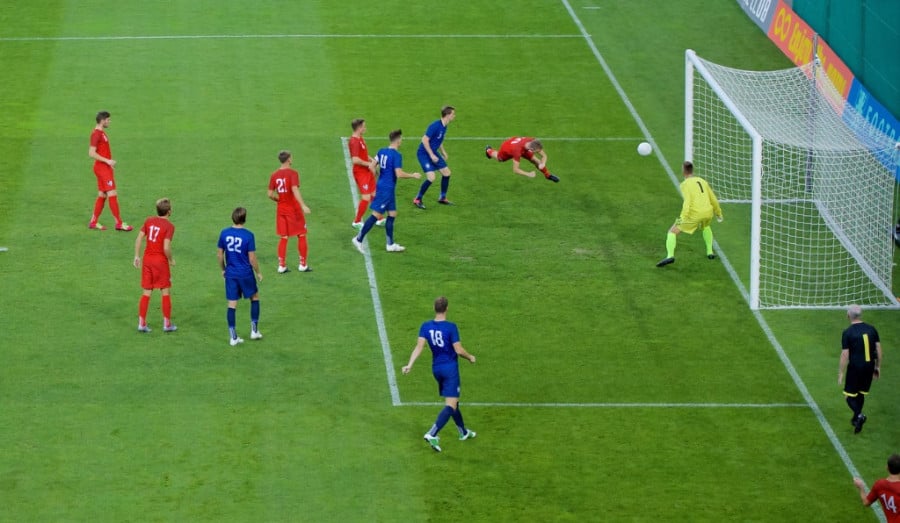FIFA, UEFA And ESL Clubs: Walking The Tightrope Between Discipline, Financial Stability And Competitive Balance

This article was originally published on 9 July 2021 and has been completely revamped and updated for accuracy and comprehensiveness.
While much has been said and written about the ongoing Super League story, the mindset of the various actors so far, as well as the future prospects, are most appropriately viewed through a financial lens. With respect to the two La Liga holdouts (Real Madrid and Barcelona), the more egalitarian distribution of broadcasting revenues post the 2015 Royal Decree[1] (which gave La Liga and the Spanish Football Federation the rights to sell the broadcasting rights of the Spanish football competitions and led to a more equitable distribution of broadcasting revenue[2] throughout the league as opposed to Real Madrid and Barcelona receiving a lion’s share of the pot) has substantially reduced the broadcasting revenues of (and as such increased financial pressure on) the larger association clubs. The revenue gap between the largest and smallest clubs was 12:1 several years ago (almost half the total of which went to Real Madrid and Barcelona), and as of 2019 is down to just 3.5:1.[3]
This article explores:
- The probable financial reasons behind Real Madrid, Barcelona and Juventus continuing with the Super League.
- The regulatory backdrop.
- The impact of the recent Spanish civil case.
- The CJEU case.
- Regulatory tightrope that any sanctioning body has to walk.
- The anticipated approach to sanctions against the clubs.
To continue reading or watching login or register here
Already a member? Sign in
Get access to all of the expert analysis and commentary at LawInSport including articles, webinars, conference videos and podcast transcripts. Find out more here.
- Tags: Commercial Law | Dispute Resolution | FIFA | FIFA Disciplinary Court | Football | Injunction | Italy | La Liga | Madrid Court | Premier League | Regulation & Governance | Serie A | Spain | Sports | UEFA | United Kingdom (UK)
Related Articles
- FINA’s decision to allow market access to rival competitions - a turn of the tide in professional swimming
- The European Super League & the legal fallout - experts' views
- The European Super League & The Legal Fallout: Experts' Views - E106
- Doomed to Fail? An Analysis Of European Super League And The Complex Web Of Football Governance, Regulations & Laws
- Sport and competition law – the year in review 2020/21
Written by
Graham Shear
Graham Shear is the Co-Leader of Bryan Cave Leighton Paisner’s Commercial Disputes Practice. He also co-leads the firm’s Sports and Entertainment Sector. Graham has over 25 years’ experience as a commercial litigator both in the UK and internationally. Graham acts for banks, corporates, governments, high net worth individuals and entrepreneurs together with a broad mix of those in the sport and entertainment industry.
Andrew Street
Andrew is a Partner in the BCLP’s Business & Commercial Disputes Team and advises on a wide array of complex commercial disputes. He routinely acts on cases with an international dimension, many of which involve conflicts of law issues between different jurisdictions. Andrew has experience in high value corporate and shareholder disputes, civil fraud, and complex trusts disputes.
Andrew has specific expertise and experience in sports disputes and contentious regulatory and disciplinary matters in sport. He is a member of the Judicial Panels for the LTA and England Boxing, is a contributing author to the textbook ‘Football and the Law’ (Bloomsbury publishing), has been published by The Times on sports law issues, and was ranked by Chambers for sports law in 2022 and 2023.
Alec Brown
Alec is an associate in the firm's Commercial Dispute Resolution department. He is an Australian solicitor who advises clients on a variety of commercial and corporate matters, specialising in complex financial disputes and corporate investigations.






